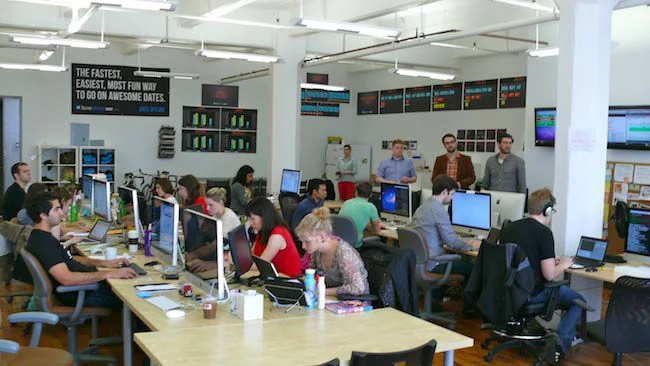There are three key environments that make up the employee experience: technology, culture, and the physical space. I explore all three in my latest book, but let’s talk about the physical space, or the place where employees actually work. This is our surroundings and includes everything from the art that hangs on the wall to the catered meals the organization may offer to the cubicles or open floor plan employees may sit in. It comprises 30% of the employee experience. It’s no secret why our physical space matters: we all want to spend our workdays in environments that energize and inspire us. These types of workspaces help us feel more creative, engaged, and connected to the company we work for. Not only that, but the physical environments also act as symbols that represent the organization and our decision to be there. Great physical environments act as positive symbols and representations; poor physical spaces act as negative ones. This was first discovered by Edgar Schein, a former professor at the MIT Sloan School of Management and author of the book Organizational Culture and Leadership. In this book he talks about the three levels of organizational culture, which are artifacts, values, and assumptions. According to Schein, all three of these things must align. There are a lot of parallels between these three levels and the three areas of employee experience.


